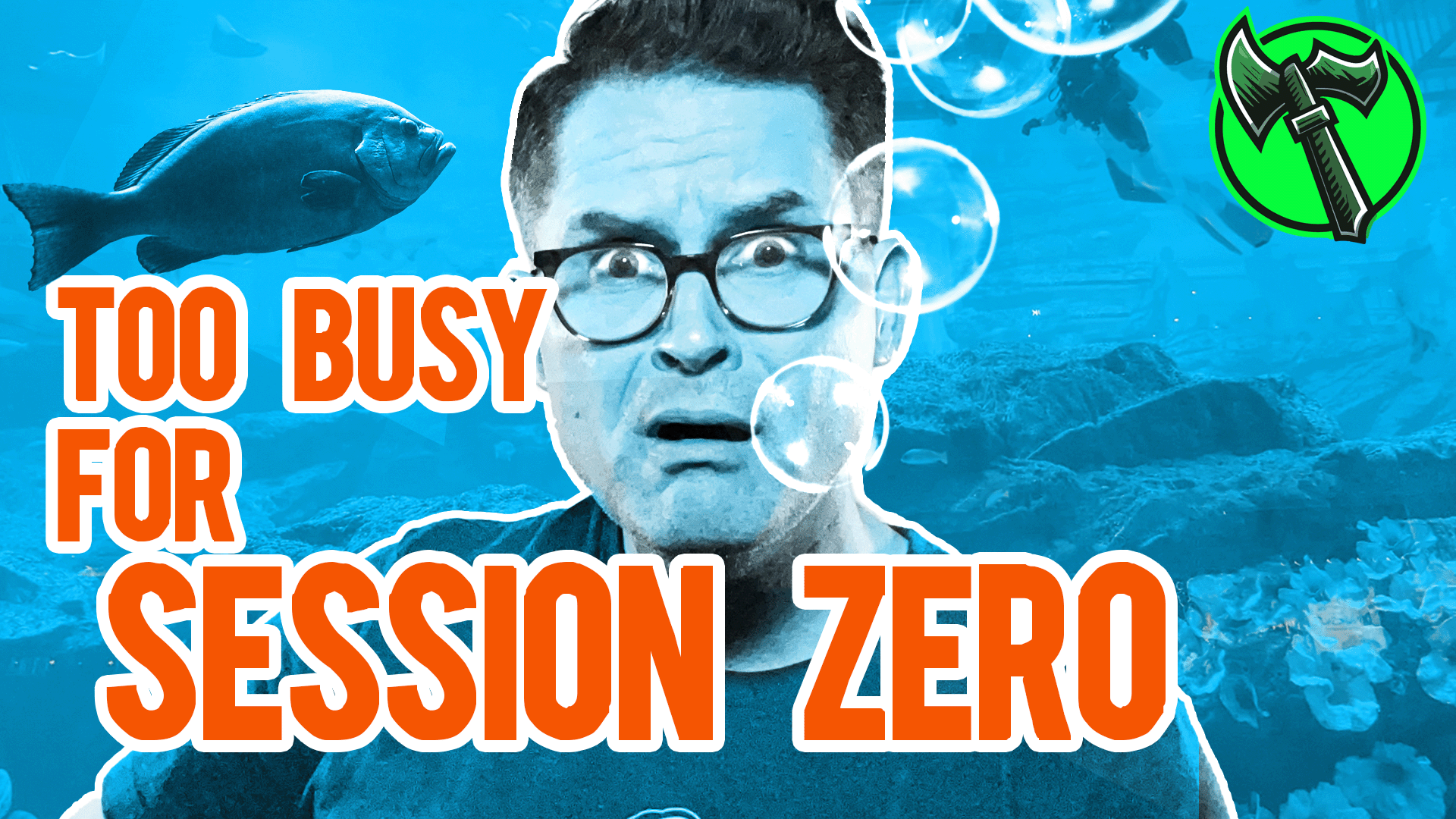Between the kids’ soccer practices, work meetings running late, and weekly date nights, it can feel impossible for busy adults like us to actually commit to regular D&D nights. But I’ve got some session zero tips that will help you align those crazy schedules and still start strong.
You don’t need an exhaustive questionnaire covering every edge case. Just focus on the core topics that are most likely to cause conflicts if you don’t discuss them. Things like:
A World Briefing
Cover the genre, starting level, house rules, stuff like that so players understand the landscape.
Table Rules
This is different from house rules, which cover game play. This is about how things around the game are going to be handled. Things like how you want to schedule sessions or who’s going to handle food. Do you want to limit or encourage cross-talk? Do you hate devices at your table? Some of these things may seem trivial, but they’re the kind of things that, if you don’t address them, can lead to arguments and hurt feelings later.
Party Direction
Make sure your PCs’ backstories connect enough, to each other and/or to the story and game world, that the group has a shared purpose and not just a bunch of strangers tossed together by happenstance. Unless that’s what you’re going for.
Player Interests
Identify expectations around role play vs. combat, tone, stuff like that. If you want to run a combat heavy game, and a majority of your players are looking for more of a focus on role-play, that might cause problems.
Safety Tools
You want to establish any sensitive topics right off the bat. If there are areas that are solid no-gos for your players, you don’t want to unintentionally cross those emotional boundaries during the game.
Watch the video for more tips and to learn why you SHOULD NOT SKIP session zero.
If you purchase any products linked on our website, we may receive an affiliate commission.

